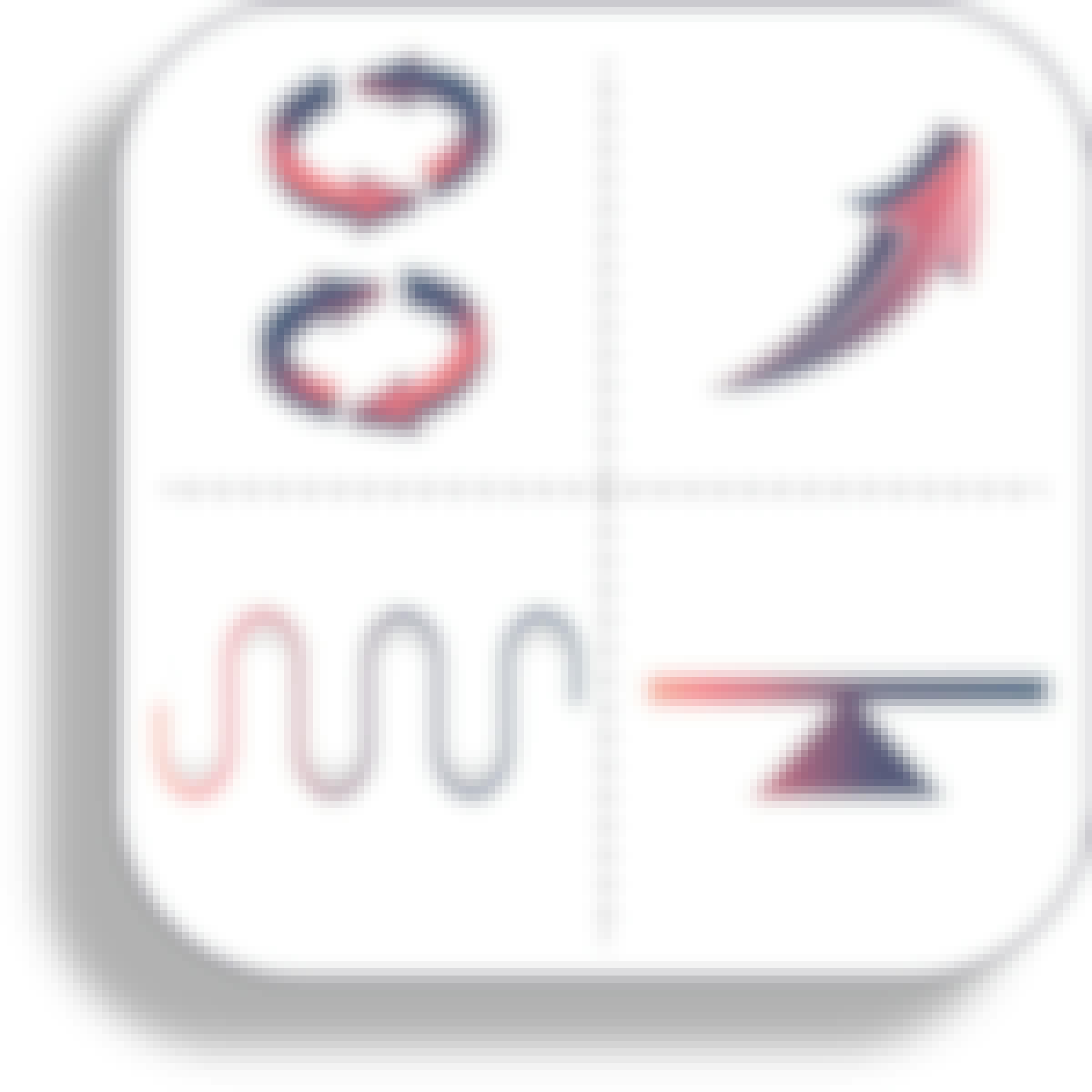Filter by
The language used throughout the course, in both instruction and assessments.
Choose the Behavioral Economics Course That Aligns Best With Your Educational Goals
 Status: Free
Status: FreeDuke University
Skills you'll gain: Behavioral Economics, Business Psychology, Critical Thinking, Decision Making, Finance, Investment Management, People Analysis, Probability & Statistics, Problem Solving, Strategy
 Status: Free
Status: FreeCopenhagen Business School
Skills you'll gain: Business Psychology, Market Research, Marketing, Behavioral Economics, Customer Analysis, Decision Making, People Analysis, Experiment, Influencing, Marketing Psychology
 Status: Free
Status: FreeStanford University
Skills you'll gain: Decision Making, Game Theory, General Statistics, Problem Solving, Critical Thinking, Mathematical Theory & Analysis
 Status: Free
Status: FreeYale University
Skills you'll gain: Finance, Investment Management, Risk Management, Banking, Behavioral Economics, Critical Thinking, Financial Analysis, Innovation, Regulations and Compliance, Underwriting, Leadership and Management
 Status: Free
Status: FreeYale University
Skills you'll gain: Critical Thinking, Storytelling
 Status: Free
Status: FreeUniversity of Illinois at Urbana-Champaign
Skills you'll gain: Behavioral Economics, Decision Making, Market Research, Market Analysis, Strategy, Problem Solving, Data Analysis, Econometrics, Financial Management
 Status: Free
Status: FreeUniversity of London
Skills you'll gain: Brand Management, Leadership and Management, Marketing
 Status: Free
Status: FreeThe University of Tokyo
Skills you'll gain: Critical Thinking, Game Theory, Problem Solving, Behavioral Economics, Decision Making, Mathematical Theory & Analysis, Process Analysis, Planning

IE Business School
Skills you'll gain: Customer Analysis, Market Research, Marketing, People Analysis, Decision Making, Market Analysis, Marketing Management, Process Analysis, Strategy, Business Research, Data Analysis

Erasmus University Rotterdam

University of Pennsylvania
Skills you'll gain: Business Psychology, Change Management, Leadership and Management, Problem Solving, Strategy, Behavioral Economics, Critical Thinking, Decision Making, Influencing, Strategy and Operations
 Status: Free
Status: FreeErasmus University Rotterdam
Skills you'll gain: Data Analysis
Searches related to behavioral economics
In summary, here are 10 of our most popular behavioral economics courses
- Behavioral Finance: Duke University
- An Introduction to Consumer Neuroscience & Neuromarketing: Copenhagen Business School
- Game Theory: Stanford University
- Financial Markets: Yale University
- Narrative Economics: Yale University
- Microeconomics Principles: University of Illinois at Urbana-Champaign
- Brand Management: Aligning Business, Brand and Behaviour: University of London
- Welcome to Game Theory: The University of Tokyo
- Market Research and Consumer Behavior: IE Business School
- Introduction to Economic Theories: Erasmus University Rotterdam










